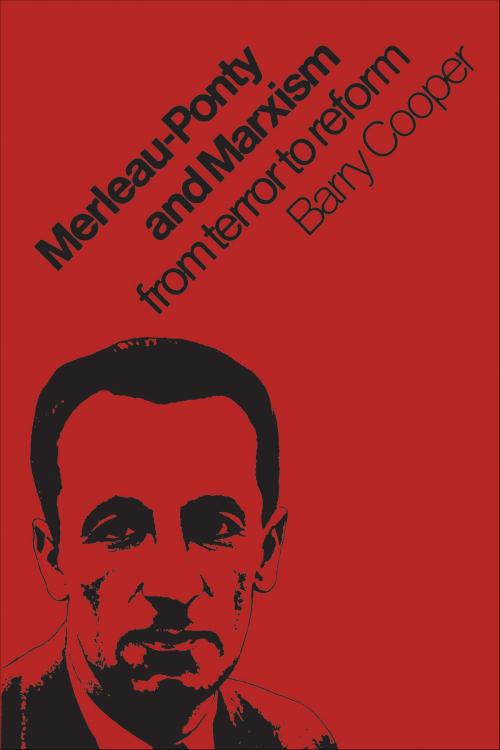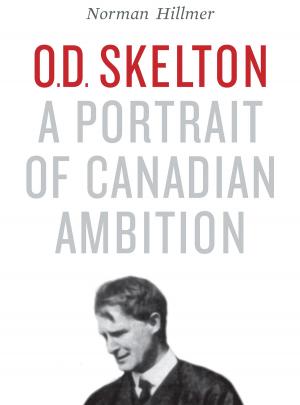Merleau-Ponty and Marxism
From Terror to Reform
Nonfiction, Religion & Spirituality, Philosophy, Modern, Social & Cultural Studies, Political Science, Government, Communism & Socialism, History, 20th Century| Author: | Barry Cooper | ISBN: | 9781442637658 |
| Publisher: | University of Toronto Press, Scholarly Publishing Division | Publication: | December 15, 1979 |
| Imprint: | Language: | English |
| Author: | Barry Cooper |
| ISBN: | 9781442637658 |
| Publisher: | University of Toronto Press, Scholarly Publishing Division |
| Publication: | December 15, 1979 |
| Imprint: | |
| Language: | English |
Influenced by Kojève's interpretation of Hegel as well as his direct political experience of the second world war, Maurice Merleau-Ponty abandoned the religious and philosophical position he had assumed in the 1930s and turned to Marxism. This is the first critical study of the French philosopher's political ideas and the context in which they evolved.
In its origin and its development, Merleau-Ponty's political thought expressed a subtle dialectic between ongoing political events and the apparent truths of Marx's analysis. With the onset of the cold war, the discovery of the Soviet concentration camps, the repression of Eastern Europe, the Algerian crisis, and the founding of the Fifth Republic, Merleau-Ponty began to take a critical look at Marx's ideas of the genesis of humanism in the light of these disturbing political realities. His reconsideration of the basis of Marxism and his conclusion that it had lost contact with history led to a fundamental reorientation of his attitudes. No longer sympathetic to the use of violence to end violence, he criticized Sartre's external justification of communist violence as 'magical' and advocated instead a new liberalism combining parliamentary democracy with an awareness of the social problems of industrial capitalism.
Barry Cooper's study of this important contemporary thinker gives context for an understanding of Merleau- Ponty's politics and, in so doing, brings together the complex issues and ideas that have shaped modern European political and philosophical thought.
Influenced by Kojève's interpretation of Hegel as well as his direct political experience of the second world war, Maurice Merleau-Ponty abandoned the religious and philosophical position he had assumed in the 1930s and turned to Marxism. This is the first critical study of the French philosopher's political ideas and the context in which they evolved.
In its origin and its development, Merleau-Ponty's political thought expressed a subtle dialectic between ongoing political events and the apparent truths of Marx's analysis. With the onset of the cold war, the discovery of the Soviet concentration camps, the repression of Eastern Europe, the Algerian crisis, and the founding of the Fifth Republic, Merleau-Ponty began to take a critical look at Marx's ideas of the genesis of humanism in the light of these disturbing political realities. His reconsideration of the basis of Marxism and his conclusion that it had lost contact with history led to a fundamental reorientation of his attitudes. No longer sympathetic to the use of violence to end violence, he criticized Sartre's external justification of communist violence as 'magical' and advocated instead a new liberalism combining parliamentary democracy with an awareness of the social problems of industrial capitalism.
Barry Cooper's study of this important contemporary thinker gives context for an understanding of Merleau- Ponty's politics and, in so doing, brings together the complex issues and ideas that have shaped modern European political and philosophical thought.















